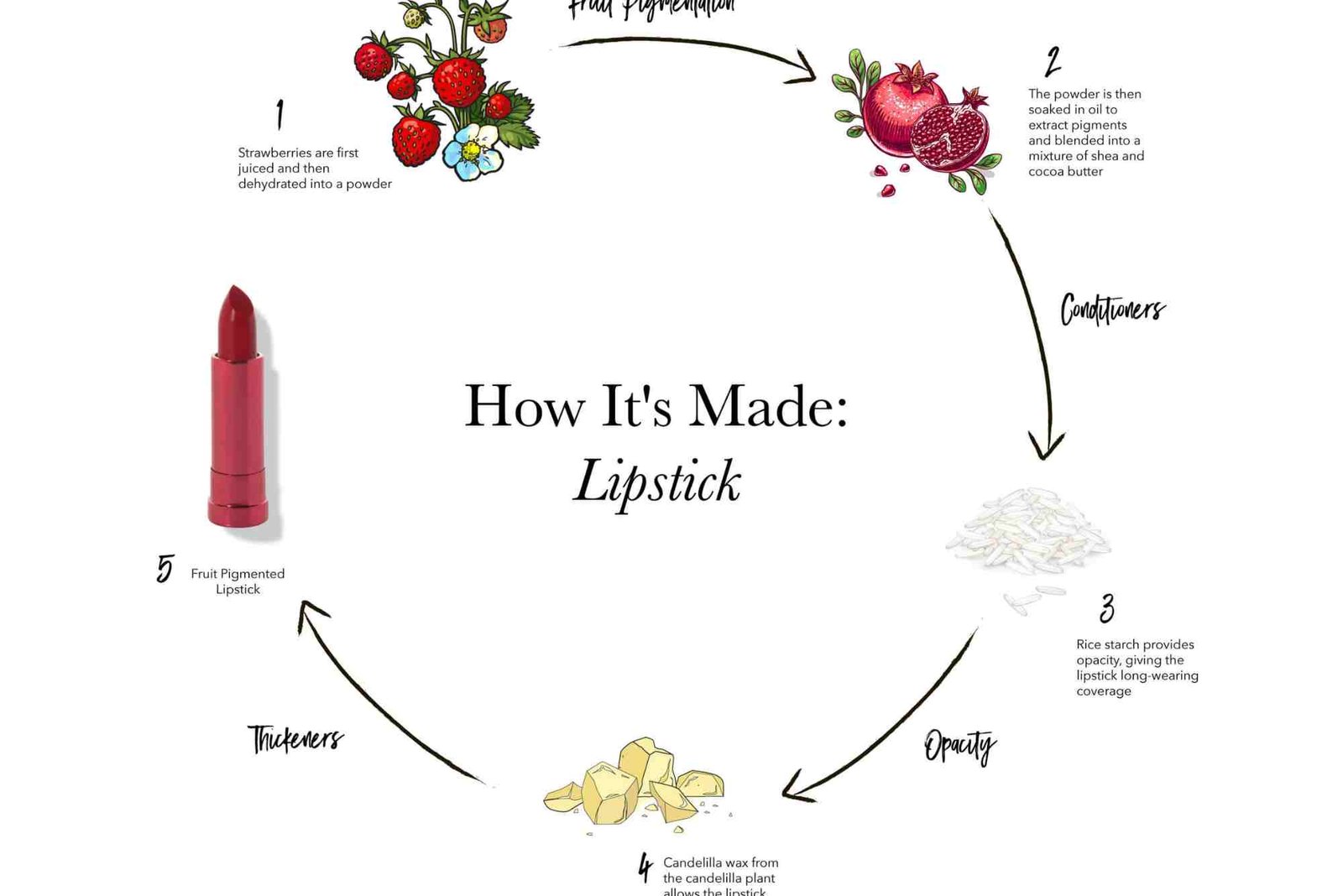Sorbitan esters in food have long been a hidden ingredient in many processed foods, yet most consumers remain unaware of their purpose. While they might appear complex on ingredient labels, these compounds play a vital role in food texture, stability, and shelf life. Understanding sorbitan esters can help consumers make informed choices and even inspire culinary experimentation.
What Are Sorbitan Esters?
Sorbitan esters are a type of food additive derived from sorbitol and fatty acids. Chemically, they are classified as non-ionic surfactants, meaning they help mix oil and water, which normally separate. Their unique molecular structure allows them to stabilize emulsions, giving food a consistent texture and appearance. In simple terms, sorbitan esters keep sauces smooth, spreads creamy, and baked goods moist.
These compounds are commonly found in products ranging from margarine and ice cream to sauces and baked goods. Despite their widespread use, many consumers overlook their presence because labels often include them under codes like E491 to E495, depending on the specific ester type.
How Sorbitan Esters Work in Food
Sorbitan esters act as emulsifiers, helping two substances that usually don’t mix, like oil and water, blend seamlessly. This property is crucial in the food industry, where texture and consistency are often linked to consumer satisfaction. When added to processed foods, sorbitan esters ensure smoothness and prevent separation, even during storage or heating.
Additionally, these esters improve shelf life by stabilizing ingredients that may otherwise degrade over time. For instance, in baked products, they prevent fats from crystallizing, which can affect both texture and flavor. Their role might seem subtle, but it significantly impacts the quality of everyday food items.
Benefits of Using Sorbitan Esters
One of the main advantages of sorbitan esters in food is their ability to create uniform textures without altering flavor. Unlike other additives, they are tasteless, colorless, and highly versatile. For manufacturers, this means products maintain consistency without compromising on natural taste.
From a nutritional standpoint, sorbitan esters are considered safe for consumption when used in approved quantities. Regulatory authorities such as the FDA and EFSA have evaluated their safety, providing reassurance to both producers and consumers. While not a source of calories, they enhance product stability, indirectly supporting a better eating experience.
Practical Tips for Consumers
Being aware of sorbitan esters allows consumers to make informed choices. For those with sensitive digestive systems, it is helpful to monitor intake, as excessive consumption of emulsifiers can sometimes cause mild gastrointestinal discomfort. Checking ingredient labels can reveal their presence in products like baked goods, frostings, or processed spreads.
Cooking enthusiasts can also experiment with natural alternatives when preparing foods at home. For example, combining lecithin or mustard with oil and water can mimic the emulsifying effect of sorbitan esters, offering a more natural approach without sacrificing texture.
Expert Advice on Choosing Products
Food experts recommend balancing convenience with quality. While sorbitan esters are generally safe, opting for minimally processed foods with fewer additives is beneficial for long-term health. In packaged products, their inclusion often signals enhanced texture and shelf life, but it is essential to evaluate overall nutritional content.
For people exploring allergen-friendly or plant-based diets, sorbitan esters derived from plant oils are preferable. These variants maintain the same functional benefits while aligning with dietary restrictions and sustainability goals.
Common Misconceptions About Sorbitan Esters
Many consumers associate all food additives with harm, but sorbitan esters have undergone extensive safety testing. They are not the same as synthetic chemicals often criticized in media reports. Instead, they are derived from natural components and metabolized safely in the body.
Another common myth is that sorbitan esters significantly impact calories. In reality, they are used in minute amounts, making their caloric contribution negligible. Understanding these nuances helps consumers make rational decisions instead of relying on fear-based perceptions.
Integrating Knowledge Into Daily Choices
Awareness of food ingredients like sorbitan esters empowers people to make smarter dietary decisions. By recognizing their role, consumers can appreciate why certain products have superior texture or longer shelf life. This knowledge can guide purchases and inspire home cooking strategies that replicate industrial results using natural alternatives.
Furthermore, reading credible sources and expert guidance helps dispel myths. For those seeking more technical details, Read more on en.wikipedia.org offers an in-depth overview of their chemistry and applications.
Making Informed Choices
Sorbitan esters in food are more than hidden additives; they are key players in creating the textures and stability we often take for granted. Understanding their function, safety, and practical applications can enhance both consumer awareness and culinary creativity. When used responsibly, they are a useful tool in modern food production.
For readers interested in deepening their knowledge on food additives and practical tips for choosing quality products, explore Sorbitan Esters In and Sorbitan Esters In Food for comprehensive guidance.
Call to Action: Take charge of your food choices today by learning about hidden ingredients and making informed decisions. Understanding additives like sorbitan esters can transform the way you shop, cook, and enjoy food.
FAQ: Sorbitan Esters in Food
Q: Are sorbitan esters safe to eat?
Yes, regulatory agencies like the FDA and EFSA have deemed them safe when consumed in approved amounts. They are widely used in food without harmful effects.
Q: Do sorbitan esters have calories?
They contribute negligible calories due to their small quantities in food products. Their primary role is functional, not nutritional.
Q: Can sorbitan esters cause allergies?
Allergic reactions are extremely rare. Plant-derived esters are preferred for sensitive individuals.
Q: How can I avoid sorbitan esters?
Reading ingredient labels helps identify products containing sorbitan esters. Homemade alternatives like lecithin can replace them in cooking.
Q: Why are sorbitan esters used in processed foods?
They stabilize emulsions, enhance texture, prevent separation, and improve shelf life, making foods more appealing and consistent.















